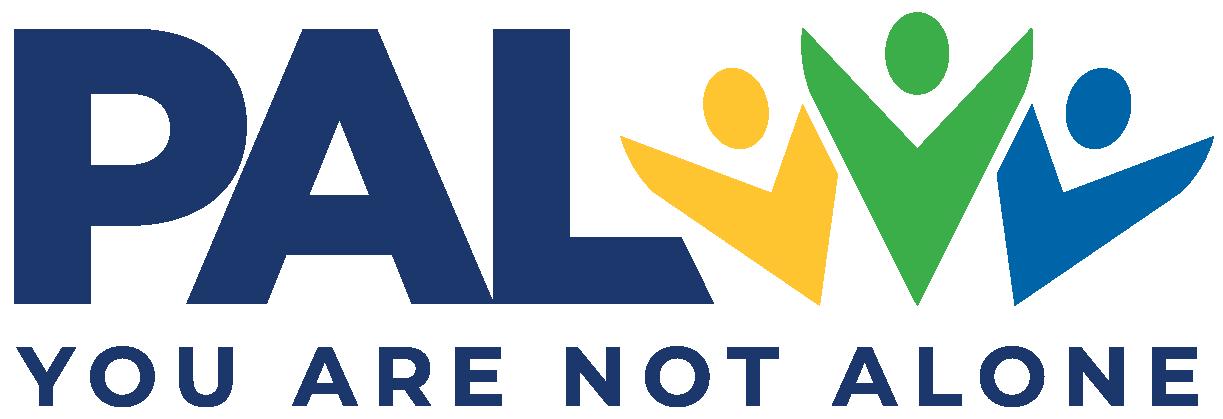
Guilt is a natural feeling that comes to you when you feel you have done something wrong. For instance, most people feel guilty about lying to a friend for their own convenience. If, in your model of the world, lying is against your moral code, then you will feel guilt.
Guilt can be compared to a pain that urges you to take some remedial action. For example, let’s say you admit to a friend that you lied to him. The remedial action is that you sincerely say you’re sorry, and then ask for his forgiveness.
This is how you get rid of the pain of guilt: you take a right action that makes up for your wrong action.
Surprisingly, guilt isn’t all bad. With true guilt, which is also called healthy guilt, you can see the wisdom of the emotion. For example, let’s say you knew that you had a bald tire on your car and neglected to have the tire replaced. That tire blew, and you had an accident. At that point, you know that the accident was your fault, and you decide to never, ever ignore a bad tire again…
What if you have guilt that does not go away? Either:
- You have some amends to make with people to get rid of your true guilt, or
- You haven’t learned the lesson available to you through your experience, or
- You’re experiencing the all-too-common false guilt. This is also sometimes called unhealthy guilt.
False guilt is just as painful as true guilt, but trickier to get rid of.
True guilt can be released by making amends. False guilt, however, is not based on something bad you did knowingly, so you can’t make amends. Once again, “knowingly” is the operative word here. Fortunately, you can address this issue through counseling.
How does this apply to addiction? Let’s say you gave your addicted son some money and didn’t know he was going to buy drugs or alcohol with it. You should not feel guilty for giving him the money, because you didn’t know he was going to use it to buy drugs or alcohol.
This could become an open door for false guilt, however, if maybe days, weeks or years later you learn that giving him money was not the best way to help your son. Then, upon hearing this new information, you go back in time in your mind and pretend that you knew then what you know now and feel guilty for enabling your son to become addicted, even though you had no idea what you were doing.
Do you see the mind trick here that we humans sometimes play on ourselves? I believe false guilt is one of the most common sources of emotional pain because it is so easy to accept when you are operating in the vacuum of private shame.
Since you can’t go back in time and undo the error you made back then, you are stuck with false guilt until you confront it. You can’t get rid of false guilt by making amends, because you didn’t knowingly do anything wrong.
Counseling helps you sort out your false guilt from your true guilt, making this a good topic of discussion between you and your counselor…
False guilt can be released by talking with someone you trust, like a counselor, who helps you sort through your thinking, identify false guilt, and release it. Ritual or ceremony can also be very helpful here. You can pursue these approaches with your counselor, your sponsor, a spiritual advisor, on your own, with a spouse or friend, or any combination thereof.
Be aware, too, that when you release all of your false guilt, your true guilt will come into clear view. This might be unsettling initially, but now that you can see it clearly, you’ll be able to see and take the steps you need to shed your true guilt as well. Stop for a moment and think: how would it feel for you to be eventually guilt-free?
Excerpt from The Four Seasons Of Recovery, for Parents of Alcoholics and Addicts, Mike Speakman, Founder of Parents of Addicted Loved Ones
